There are few things more unpleasant when traveling than the dreaded traveler’s diarrhea. It is one of the most common ailments in travelers, particularly when traveling to tropical locations or with diets very different from the usual.
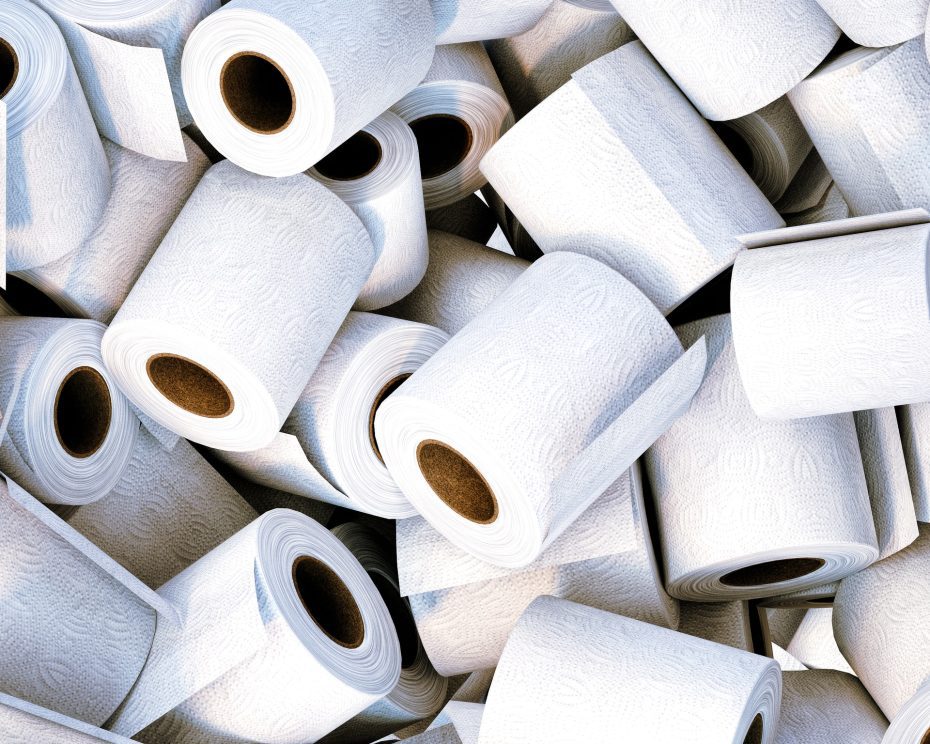
Fortunately, avoiding traveling diarrhea is feasible if you take the right precautions. These are the main tips to avoid diarrhea when traveling and thus get rid of the dreaded latrines.
1. Assume that you are going to have diarrhea
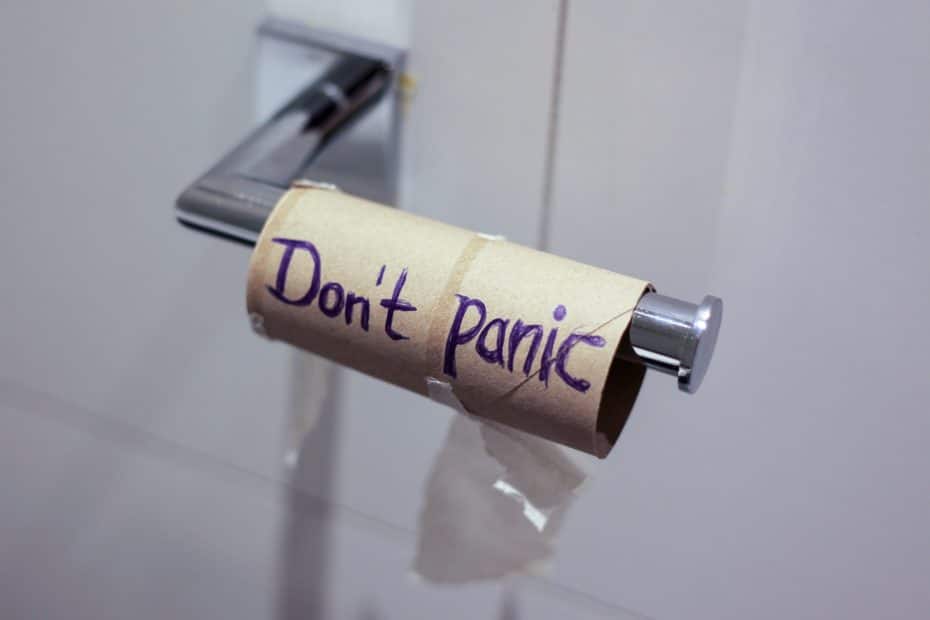
Traveler’s diarrhea, or ‘Delhi-belly,’ is a common condition that can affect travelers when visiting countries where hygiene conditions may be different from what they are used to. Therefore, the first tip to prevent this condition is to prepare for the possibility of getting it.
This involves carrying over-the-counter antidiarrheal medications that can help control symptoms if they occur. In addition, it is helpful to have a soft diet on hand, such as rice, apples, toast, and tea, which are foods known to help soothe the digestive system.
Common symptoms of Delhi-belly include fever, nausea, vomiting, abdominal cramps, and watery diarrhea. If you experience these symptoms, it is important to seek medical attention and begin treatment as soon as possible.
2. Mistrust food, but also water.
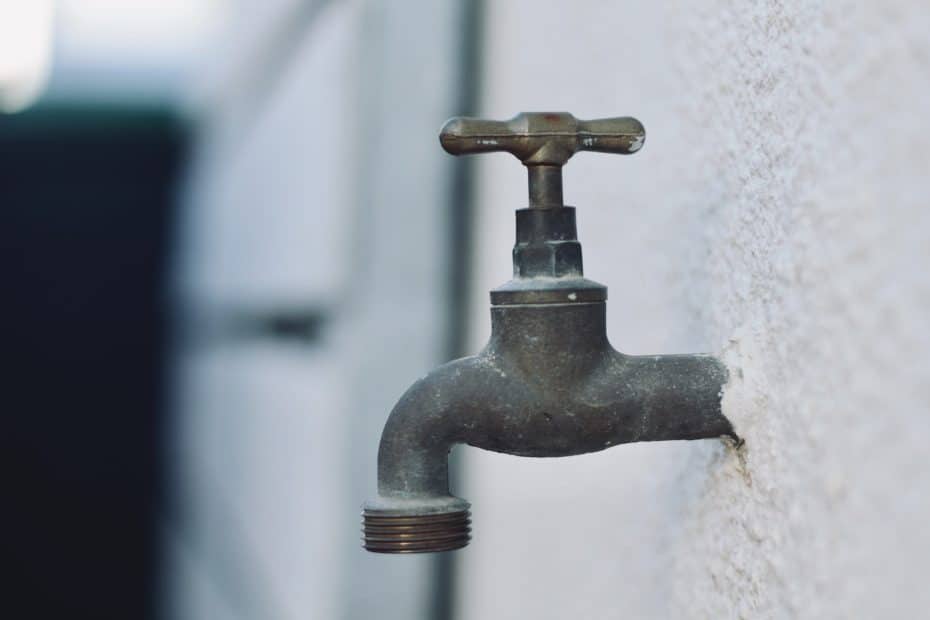
Often, when we travel, we worry a lot about the food we eat and forget the importance of the water we drink. However, water can be a major source of bacteria and other pathogens that cause traveler’s diarrhea.
You should avoid drinking water directly from the tap in countries where water quality is unreliable. Instead, opt for sealed bottled water. However, ensure the bottle is properly sealed before you buy it, as sometimes bottles can be filled with tap water and resealed.
Also, watch out for foods that may have been washed with contaminated water. This includes fruits and vegetables that are eaten raw. It is always safer to eat fruits and vegetables that you can peel yourself, such as bananas and oranges.
Finally, when brushing your teeth, use bottled water instead of tap water. Even a small amount of contaminated water can cause traveler’s diarrhea.
It is important to mention that even if the water is considered safe, it may contain microorganisms your body is not used to. This can cause a reaction in your digestive system and result in traveler’s diarrhea. Therefore, it is advisable to accustom your body to the local water gradually and consider using water purifiers if you are in a place with questionable water quality.
3. Choose your drink carefully


Beverages can be a source of bacteria that cause traveler’s diarrhea. Therefore, you should always choose your drinks carefully. You should avoid drinks that may have been mixed with contaminated water. This includes fresh juices and other drinks sold at street stalls.
In addition, you should also be careful with alcoholic beverages. Alcohol does not kill all bacteria, so if the drink has been mixed with contaminated water or ice, you can still get sick. Distilled alcoholic beverages are generally safer than fermented ones, as the distillation process kills most microorganisms.
It is also important to remember that hot drinks are generally safer than cold drinks, as heat can kill microorganisms. Therefore, opt for beverages such as hot tea and coffee instead of cold drinks.
Finally, if you have any doubts about the safety of a beverage, it is best to avoid it. Remember that prevention is better than cure.
4. Kill bacteria
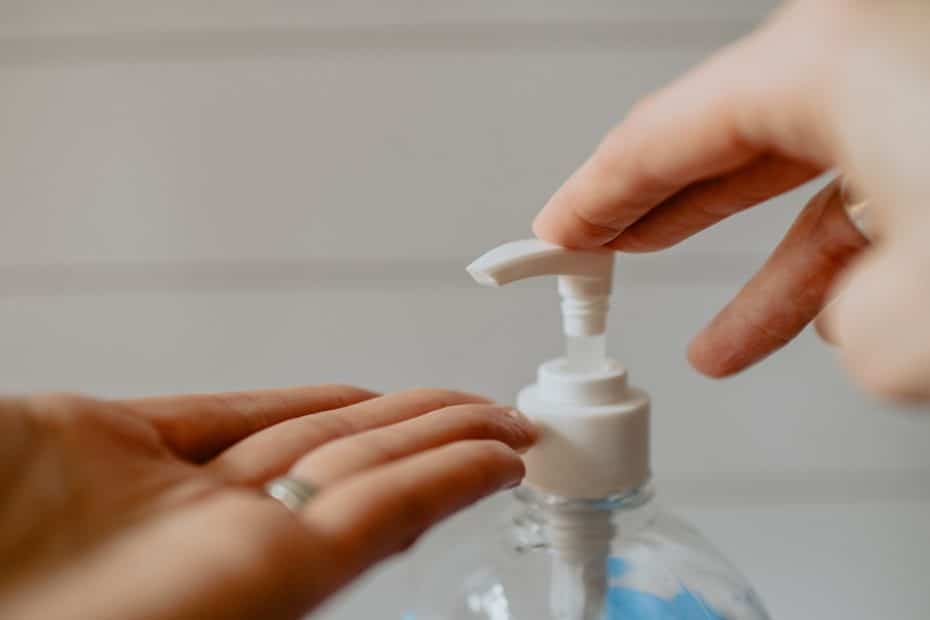
One of the most effective ways to prevent traveler’s diarrhea is to kill the bacteria that cause it. This can be accomplished through the use of hand sanitizers and water purification tablets. Hand sanitizers are useful when you do not have access to soap and water to wash your hands before eating. However, you must ensure that the hand sanitizer contains at least 60% alcohol to be effective.
In addition, cooking food at high temperatures can also kill bacteria. Therefore, you should always ensure foods are thoroughly cooked before eating them. Avoid foods that are raw or undercooked, especially seafood and meat.
Finally, washing fruits and vegetables with safe water before eating them can also help kill bacteria. If you do not have access to safe water to wash fruits and vegetables, you can peel them to reduce the risk of exposure to bacteria.
5. Avoid ice at all costs

Ice can be a hidden source of bacteria that cause traveler’s diarrhea. Often, ice is made from water that has not been properly treated, which can lead to contamination. Therefore, it is always best to avoid ice when traveling.
Remember that you cannot see, smell, or taste the bacteria that cause traveler’s diarrhea. Therefore, although ice may look clean, it is always best to avoid it.
6. Bathroom issues
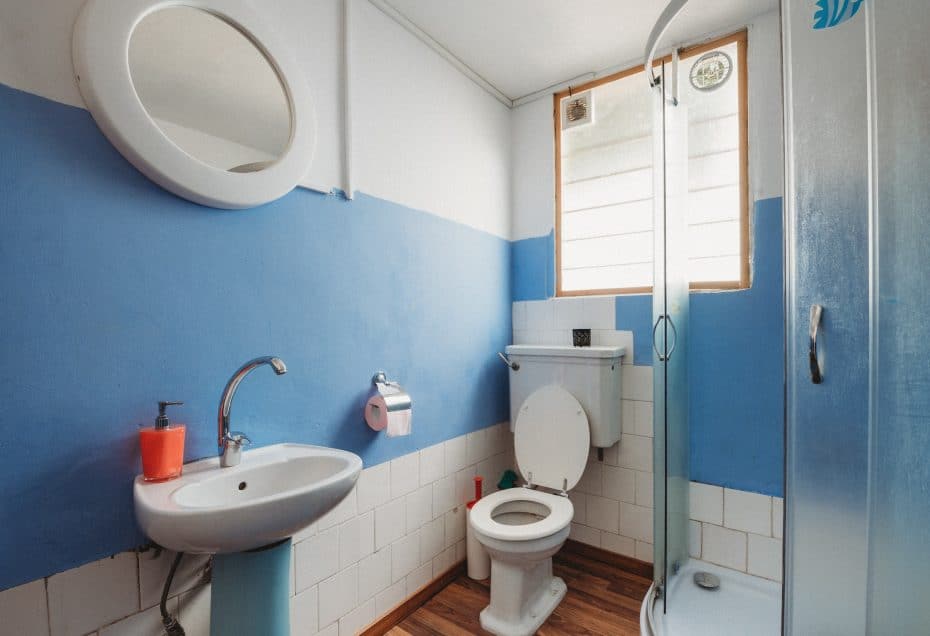
Personal hygiene also plays a crucial role in preventing traveler’s diarrhea. This includes washing your hands regularly, especially before eating and after using the bathroom. If you do not have access to soap and water, use an alcohol-based hand sanitizer.
In addition, you should also be careful with hygiene when using the bathroom. Always use toilet paper and avoid direct contact with bathroom surfaces as much as possible.
7. Eat in popular places

One of the best ways to prevent traveler’s diarrhea is to eat at popular places. These places usually have a faster turnover of food, which means that the food is fresher and less likely to be contaminated.
Also, popular places tend to have better hygiene practices, as they have to maintain a good standard to attract customers. So look at where the locals eat: if a place is full of locals, they are likely to serve safe and delicious food.
Finally, although it is tempting to try street cuisine, it is best to avoid it unless it is from a trusted vendor. Street food is one of the main sources of traveler’s diarrhea, as hygiene conditions can be less than ideal.
8. Prepare a perfect travel first-aid kit
A well-prepared first-aid kit can be your lifesaver when you’re abroad and faced with traveler’s diarrhea. The right medications and supplies can help you manage symptoms and recover faster.
First, be sure to bring anti-diarrhea medications. These can help reduce the frequency and severity of diarrhea episodes, allowing you to continue with your travel activities with as little disruption as possible. However, these medications should be used with caution and only as a last resort, as they may mask the symptoms of a more serious condition.
In addition, it is essential to carry oral rehydration. Diarrhea can cause dehydration, which can be dangerous if left untreated. Oral rehydrators, which are usually available in powder form to mix with water, can help replace lost fluids and electrolytes.
It is also useful to have pain and fever medication, such as paracetamol or ibuprofen, on hand.
Finally, consider taking antibiotics (always prescribed by your doctor). In most cases, traveler’s diarrhea is caused by bacteria that require antibiotic treatment.
9. Do not go anywhere without travel insurance
Travel insurance is an essential component when planning any trip, especially when faced with the possibility of traveler’s diarrhea. Medical treatment abroad can be expensive, and travel insurance can help cover these costs.
In addition, some travel insurance offers coverage for trip cancellation or interruption due to illness. This can be useful if traveler’s diarrhea prevents you from continuing your travel plans.
Even beyond traveler’s diarrhea, travel insurance can provide coverage for a range of other eventualities, such as accidents, lost luggage, and flight delays. This can provide you with valuable peace of mind while traveling.
In conclusion…
Preparing for the possibility of diarrhea is critical. This involves carrying anti-diarrhea medications and having a basic understanding of the symptoms.
In addition, we should be aware of the quality of the water we consume, even if it is considered safe. It could contain microorganisms our body is not used to, which can cause a reaction in our digestive system.
Choosing our beverages carefully is also crucial. We should avoid those that may be contaminated.
The use of disinfectants and cooking food at high temperatures can help kill bacteria. Therefore, it is important to ensure that food is thoroughly cooked and surfaces are clean.
Avoiding ice, which can be a source of bacteria, is a recommended practice. Although ice may appear clean, it is possible that it is made from water that has not been properly treated.
Maintaining good personal hygiene and the hygiene of our utensils and dishes is crucial. Microorganisms can survive on dirty surfaces and then be transferred to food.
Eating at popular places can be a useful strategy. These places often have a quick turnover of food and better hygiene practices.
Preparing a well-stocked travel kit with necessary medications and rehydration products can be a lifesaver. In case of illness, it can help manage symptoms and help you recover more quickly.
Finally, we should never travel without adequate travel insurance. This can cover possible medical costs and provide assistance in case of illness. With these measures, we can increase our chances of enjoying our travels without unwanted interruptions.




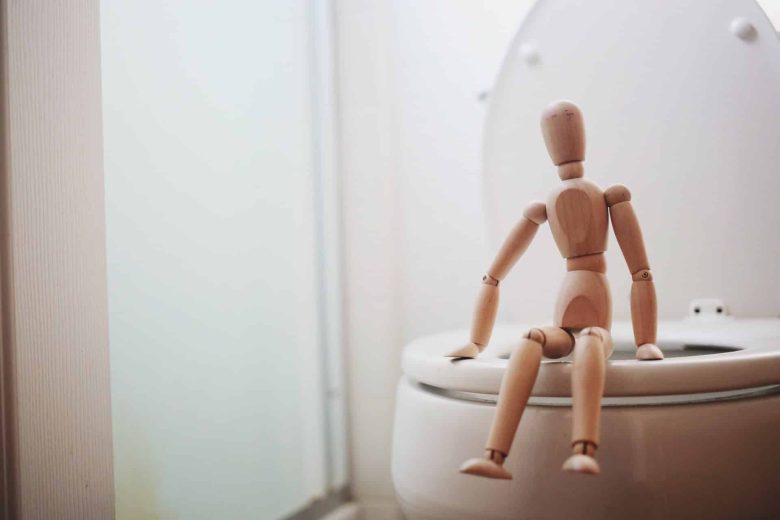




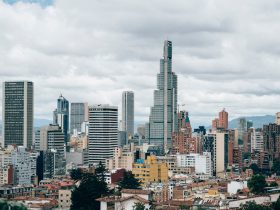


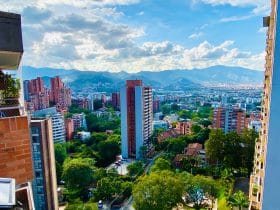




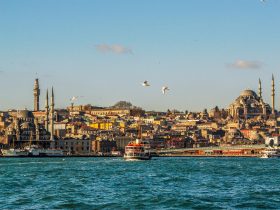






Leave a Reply
View Comments